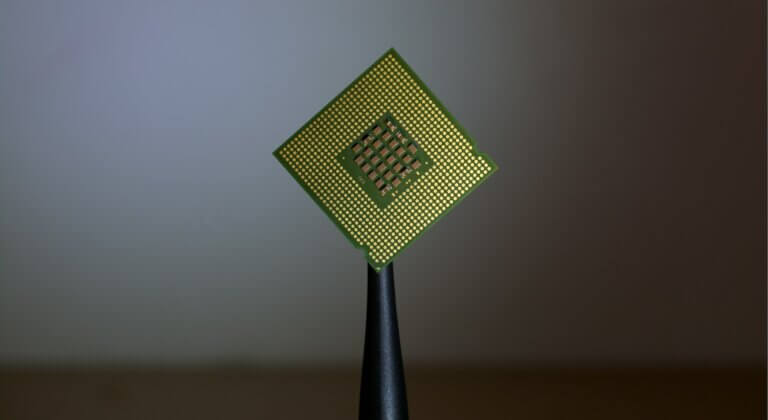NVIDIA Powers Argonne National Laboratory’s Polaris Supercomputer
Aug 26, 2021 By MarketDepth

NVIDIA Corp. (NASDAQ: NVDA) has reported that it will turbocharge extreme-scale AI for the U.S. Department of Energy’s Argonne National Laboratory. The Polaris supercomputer will supercharge research and discovery with extreme scale for users’ algorithms and science. With over 2,240 NVIDIA A100 Tensor Core GPUs accelerating the system, it can achieve almost 1.4 exaflops of theoretical AI performance and 44 petaflops of peak double precision performance.
HP Partnership
Polaris will be built by Hewlett Packard Enterprise and combine simulation and machine learning by using data-intensive and AI high performance computing workloads, powered by 560 total nodes, each with four NVIDIA A100 GPUs. “The era of exascale AI will enable scientific breakthroughs with massive scale to bring incredible benefits for society,” said Ian Buck, vice president and general manager of Accelerated Computing at NVIDIA. “NVIDIA’s GPU-accelerated computing platform provides pioneers like the ALCF breakthrough performance for next-generation supercomputers such as Polaris that let researchers push the boundaries of scientific exploration.”
“Polaris is a powerful platform that will allow our users to enter the era of exascale AI”
Michael E. Papka, ALCF Director
“Polaris is a powerful platform that will allow our users to enter the era of exascale AI,” said ALCF Director Michael E. Papka. “Harnessing the huge number of NVIDIA A100 GPUs will have an immediate impact on our data-intensive and AI HPC workloads, allowing Polaris to tackle some of the world’s most complex scientific problems.”
Pushing Scientific Boundaries
This system will hasten transformative scientific exploration, advancing cancer treatments, clean energy and propelling particle collision research to discover new approaches to physics. Polaris will be available to researchers from government agencies, academia and industry through the ALCF’s peer reviewed allocation and application programs.




